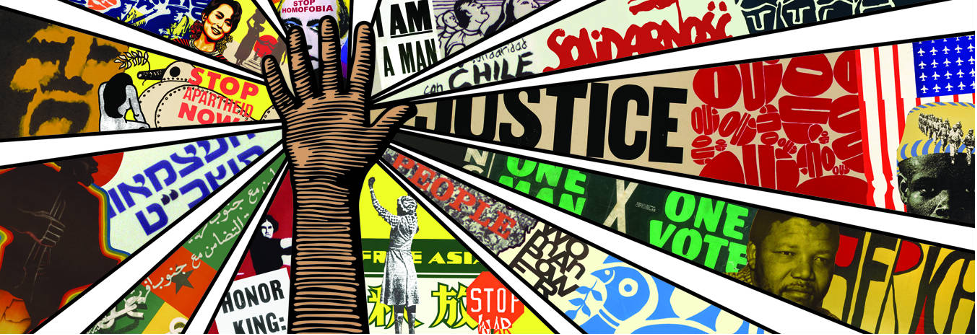Ethnic studies are crucial because they help students, especially those from marginalized communities, feel more connected to their education. Carlos's experience with Chicano studies shows how these programs can completely change how students see themselves and their potential. Unlike traditional classes, which often overlook the realities of people of color, ethnic studies offer perspectives that make learning more meaningful and relatable.
In most schools, mainstream courses mainly focus on Euro-American perspectives, leaving out the histories and struggles of many racial and ethnic groups. Textbooks mostly highlight White narratives, giving little space to African Americans, Latinos, and Native Americans. This creates a false idea that racism is just a thing of the past, rather than an ongoing issue. Without a more inclusive education, students don’t get the full picture of how race has shaped society.
Ethnic studies became a movement in 1968 when students of color demanded an education that represented them. These courses aren’t just about identity, they’re academically challenging and help students perform better in school. More importantly, they acknowledge the reality of institutional racism and push for a more democratic version of history. Including diverse voices in education isn’t just beneficial, it’s necessary for an honest understanding of the world.

Comments
Post a Comment